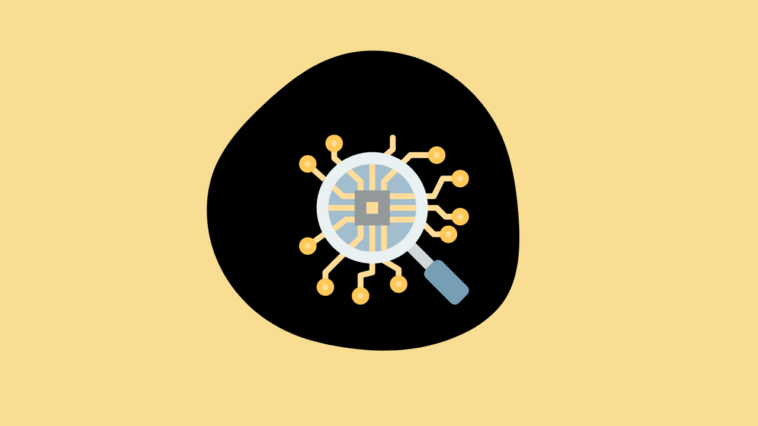Artificial intelligence (AI) software is a type of software that is designed to replicate human cognitive abilities, such as reasoning, problem-solving, and learning. AI software has the potential to transform many industries and bring about significant changes to the job market.
In this article, we will examine the impact of AI software on the job market, including the displacement of human jobs, the creation of new job opportunities, and the ethical considerations and challenges associated with AI software in the job market.
A. Definition of AI software
AI software is a type of computer program that uses advanced algorithms and machine learning techniques to perform tasks that typically require human intelligence, such as understanding natural language, recognizing images, and making decisions based on data. AI software can be classified into three categories: narrow or weak AI, general or strong AI, and artificial superintelligence.
B. Overview of the impact of AI software on the job market
AI software has the potential to significantly impact the job market by replacing human jobs, creating new job opportunities, and changing the nature of work. Some experts predict that AI software could replace up to 40% of all jobs in the next 15-20 years, while others argue that AI software will create new job opportunities that we cannot yet imagine.

II. AI software and job displacement
A. Explanation of how AI software is replacing human jobs
AI software is already replacing human jobs in many industries, including manufacturing, transportation, customer service, and healthcare. AI-powered machines can perform repetitive and mundane tasks with greater speed and accuracy than humans, which means that many jobs that involve manual labor or data processing are at risk of being automated.
B. Examples of industries and job positions impacted by AI software
The automotive industry is a prime example of an industry that has already seen significant job displacement due to AI software. Assembly line workers are being replaced by robots that can assemble car parts with greater precision and efficiency. Other industries that are at risk of job displacement include retail, finance, and administrative support.
III. AI software and job creation
A. Explanation of how AI software is creating new job opportunities
While AI software is displacing some human jobs, it is also creating new job opportunities in many industries. AI software can assist humans in performing complex tasks, analyzing data, and making decisions. This means that many jobs that require skills such as critical thinking, problem-solving, and creativity are likely to be in demand in the future.
B. Examples of industries and job positions created by AI software
The healthcare industry is a prime example of an industry that is seeing new job opportunities created by AI software. AI-powered tools can help healthcare professionals diagnose diseases, develop treatment plans, and monitor patient health. Other industries that are likely to see new job opportunities include cybersecurity, data science, and software development.
IV. Preparing for the AI-driven job market
A. Explanation of how workers can prepare for the job market dominated by AI software
To prepare for the job market dominated by AI software, workers should focus on developing skills that are difficult to automate, such as creativity, critical thinking, and emotional intelligence. Workers should also be prepared to continuously learn and adapt to new technologies and job roles.
B. Discussion of the skills and qualifications that will be in demand
In addition to creativity, critical thinking, and emotional intelligence, workers with skills in data science, cybersecurity, software development, and project management are likely to be in high demand in the AI-driven job market. Qualifications such as advanced degrees, certifications, and industry-specific training can also help workers stand out in a crowded job market.


